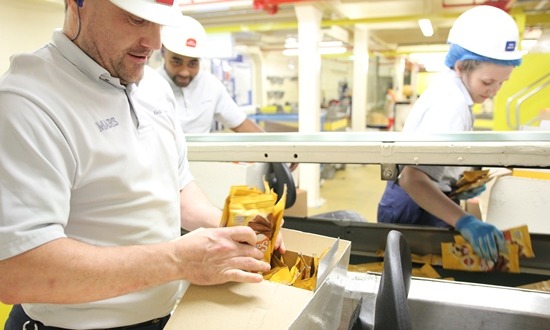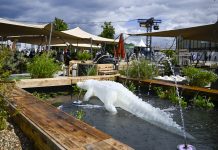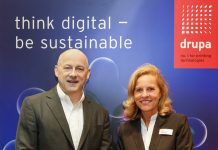Confectionery giant Mars has announced plans to use recycled polypropylene plastic into the primary packaging for some of its popular pet food brands.
Working with global packaging supplier Huhtamaki and petrochemical company SABIC, Mars will use recycled plastic which has been manufactured using an advanced recycling process for its pet food packs.
Mars said the recycling approach used by SABIC to make its certified circular polypropylene is one of the only solutions currently available that is able to take mixed, used plastic that is otherwise hard to recycle via traditional recycling routes, and to transform them back into plastic suitable for new food-grade recycled packaging.
Mars is piloting this in Europe in 2020 and will increase volumes used into 2021, with ambitions to expand the use of recycled content to other brands.
Barry Parkin, chief procurement and sustainability officer at Mars, said: “We need to reduce packaging we don’t need, redesign the remaining packaging to become circular and invest to close the loop to help scale up recycling systems.
“Through our partnership with Huhtamaki and SABIC, we will test-and-learn, progressively scale up recycled plastic content in our packs, and ultimately help drive circular packaging systems.”
The recycled material is certified under the ISCC PLUS (Institute of Sustainability & Carbon Certification) scheme, which verifies the quality and authenticity of the recycled material along the supply chain from feedstock to final product.
The partnership comes as part of Mars’ Sustainable Packaging Plan and ambitions to use 100% reusable, recyclable or compostable packaging by 2025.
Using advanced recycling technology will be an instrumental part to achieving use of 30% recycled plastics and to reduce virgin plastic use by 25%.
Charles Héaulmé, president and chief executive of Huhtamaki said: “Our strategic partnership with Mars and SABIC is a great example of how collaboration can result in breakthroughs that deliver significant progress in our journey to designing 100% of our products to be recyclable, compostable or reusable by 2030. This new flexible packaging structure with recycled food-grade plastic is an important milestone on our journey towards achieving more than 80% of raw materials we use to be either renewable or recycled.”
Mark Vester, global circular economy leader at SABIC, said: “SABIC’s certified circular products from our TRUCIRCLE portfolio offer a carbon footprint reduction of 2kgs of CO2 for every kilogram of polymer produced diverted from incineration.”













